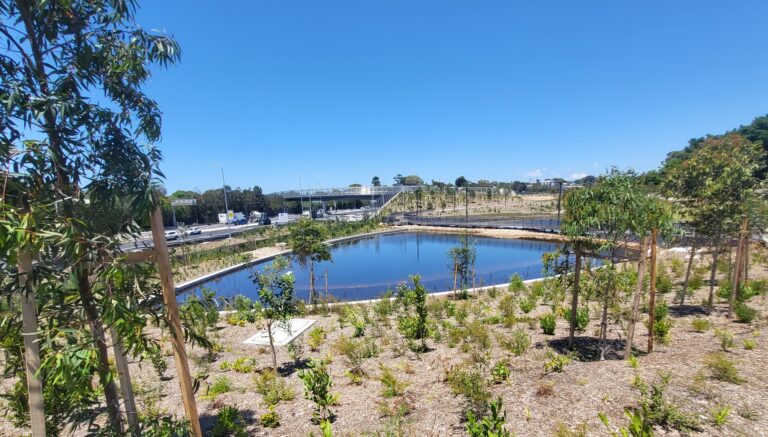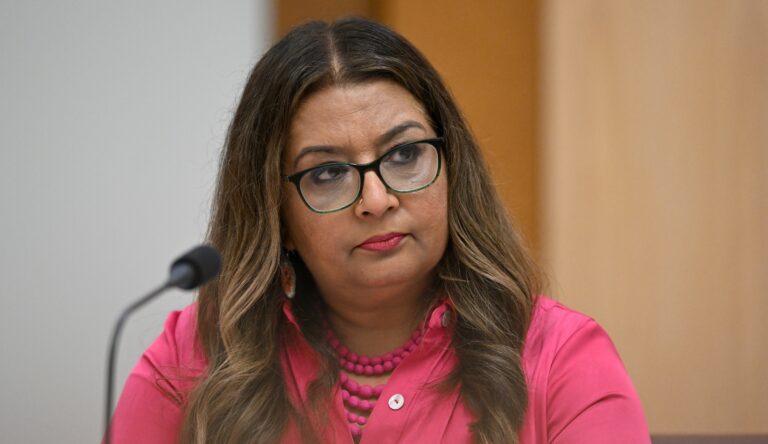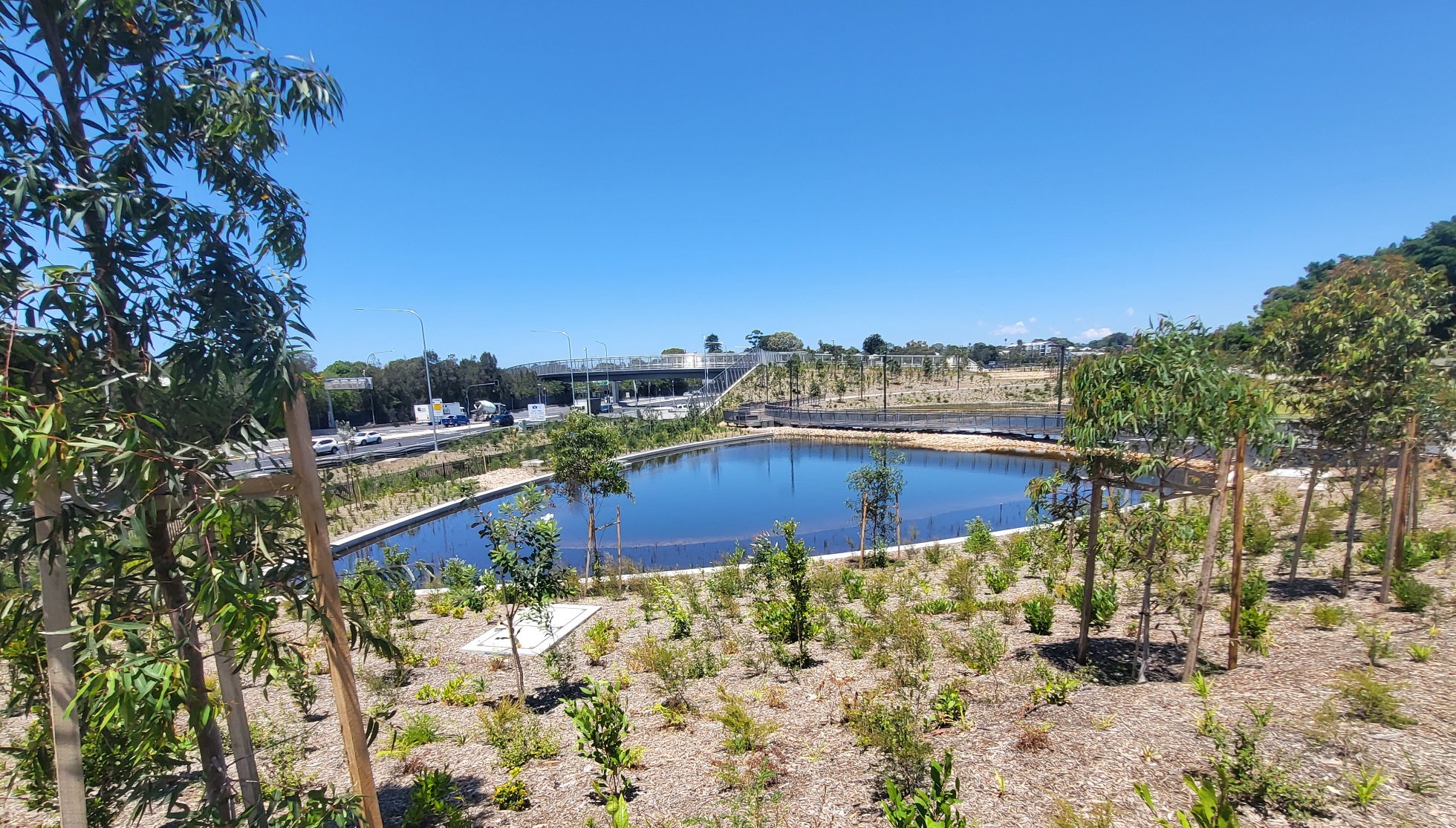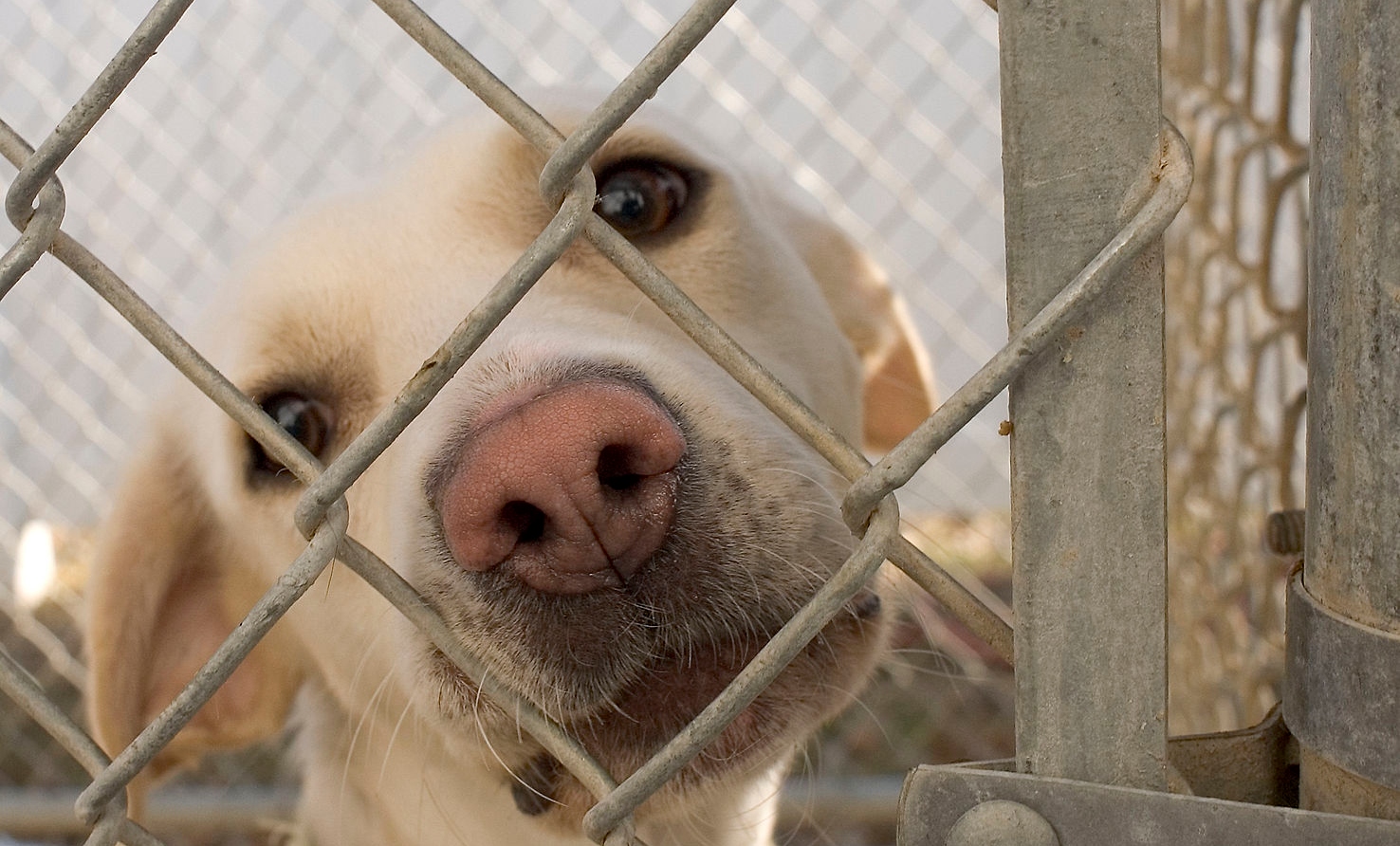
Grave concerns for burial shortages: Sydney’s cemetery crisis
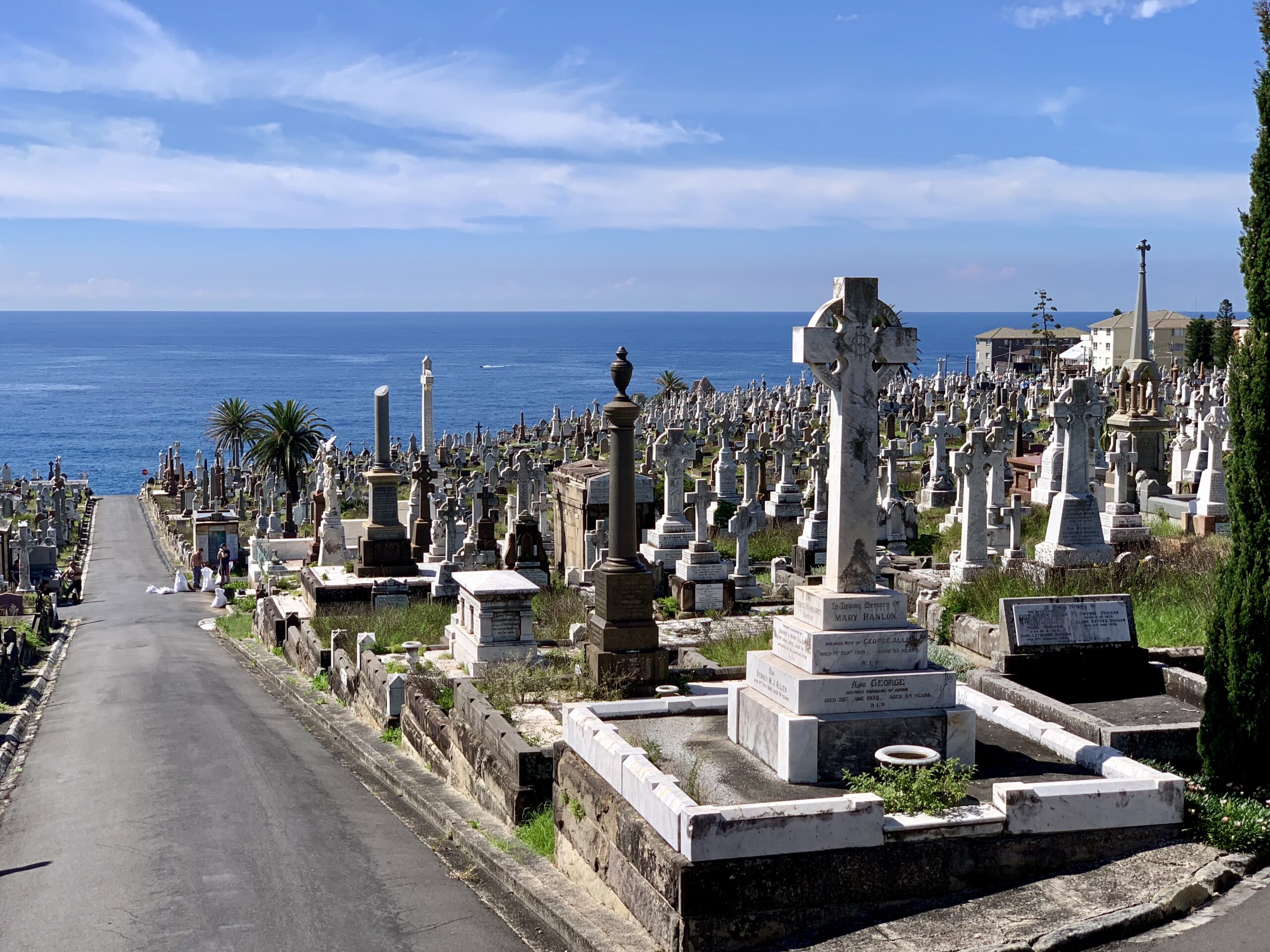
Image: Waverley Cemetary. Photo: Wikimedia commons.
By CHRISTINE LAI
Sydney’s severe burial shortage has presented a looming crisis where the cemetery capacity for the city is predicted to be exhausted in the next two decades. Urgent action is required to provide for the future burial needs of the city and prevent further financial strains for individuals under the ongoing cost-of-living crisis.
According to a 2020 report, “The 11th Hour Report: Solving Sydney’s Cemetery Crisis”, which sought to review cemetery capacity and sustainability in the Sydney region, it found that Sydney was running out of burial space and that the existing cemeteries were not being managed sustainably.
Tim Scott, author of the 11th Hour, made findings which stated that the cemeteries that have served Sydneysiders for over a century (Rookwood, Botany, Field of Mars, and Macquarie Park) were in their final years of being able to accommodate the burial needs of Sydney. The independent report also found that some of these cemeteries would need to close within three years and all existing operational Crown cemeteries would close to new burials within the coming 10-12 years.
The financial implications for the burial shortage and near-capacity cemeteries in the city is severe, with the requirement needed to ensure the long-term maintenance of cemeteries even after they close to new burials presents a considerable financial liability, “in excess of $300 million”.
Severe financial liability associated with new burials


